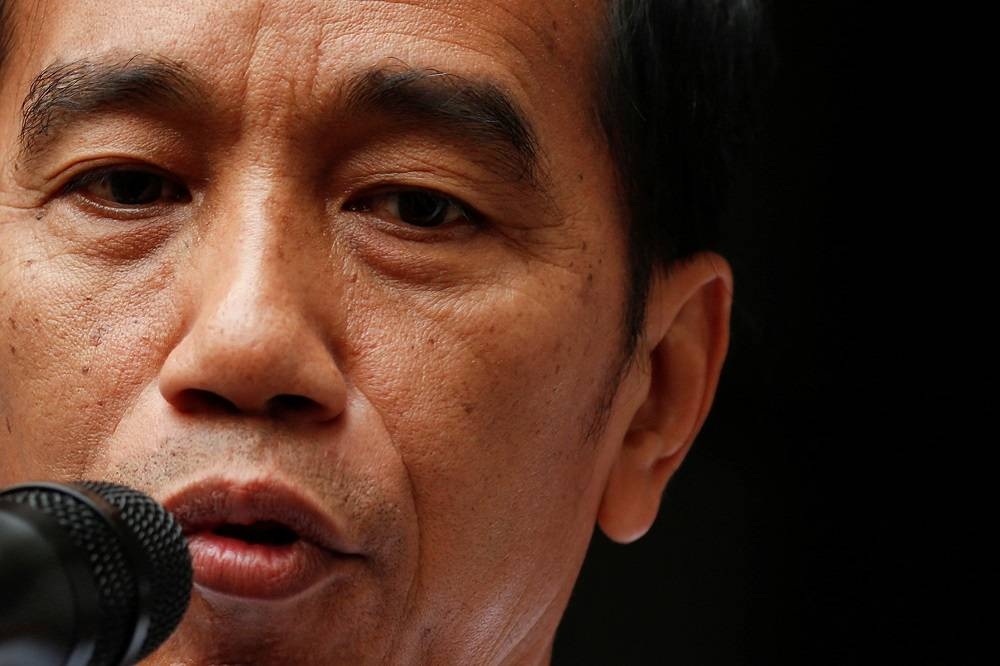JULY 31 — Indonesian President Joko Widodo, popularly known as Jokowi, just completed a quick tour of three key Asian nations. In just three days, he visited China, Japan and South Korea and met the leaders of each of these countries.
Commentators have seen his meeting with President Xi Jinping as particularly significant as Xi hasn’t taken a face to face meeting with a foreign leader since February.
The key reasons for Jokowi’s quick tour appear to be to be firstly to ensure trade continues smoothly despite the global instability, secondly to make sure Indonesia’s relationship with China remains co-operative an cordial and finally to ensure high level participation at the G20 summit which is due to be held in Indonesia in November.
The G20 summit is a gathering of the world’s 20 largest economies, representing almost 90 per cent of global GDP and wealth.
Indonesia is currently the chair of the G20 and the success of the summit is a major priority for the Indonesian leadership.
There had been pressure from the US and Europe not to invite Russia to the summit but Jokowi has steered a middle path between the US and Russia.
Russia’s President Putin was invited to the summit but Ukrainian President Volodymyr Zelensky has also been invited to speak even though Ukraine is not a formal part of the G20.

In general, Jokowi’s whirlwind tour seems to be part of this effort to pursue an independent path in the current global political context.
Last week, the Indonesian military announced it would participate in joint exercises with the US. A visit to China would have helped Jokowi make clear that Indonesia remains committed to its strong relationship with China despite some military cooperation with the US.
China remains Indonesia’s largest trading partner and again we’ve seen Jokowi skillfully balance a close economic relationship with China while maintaining a military relationship with the US. Jokowi hasn’t been noted for his foreign policy. He is perhaps better known for overseeing a period of relative stability and economic growth in Indonesia.
But his recent actions show considerable maturity in the foreign policy space. Indonesia seems to be returning to its roots as a non-aligned power. Indonesia’s post independence president Sukarno was a leader of the original non-aligned movement which saw developing nations from around the world seek to follow a path independent of either the US or USSR. Indonesia is showing both strength and independence—and this is a sign that emerging states don’t need to just heed the dictates of major powers.
It is also an indication of Indonesia’s growing strength. Its economy now ranks among the top 20 economies in the world and is set for further growth.
This is a promising change for Asean.
*This is the personal opinion of the columnist.






















